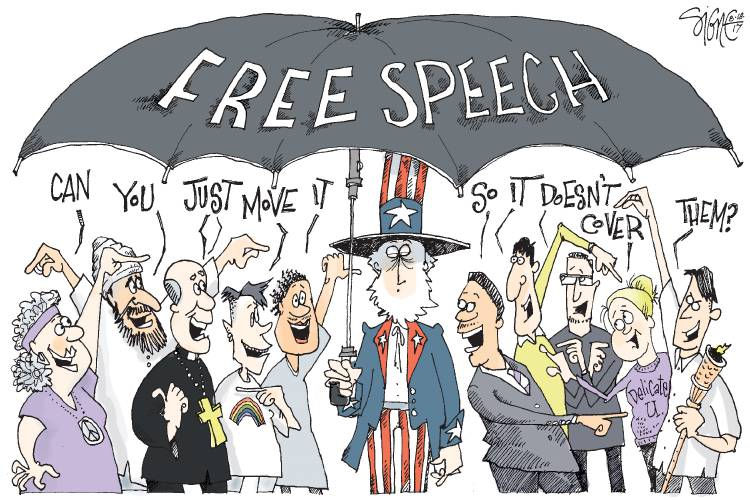In the News: Trademark & Copyright
- laurmoore1229
- Jul 25, 2021
- 3 min read
This week in class, we learned about the different types of intellectual property, and specifically focused in on trademark and copyright. We learned exactly what they are and the ins-and-outs the spectrum of protection. I will discuss not only reflect on the various topics we learned about in class, but I will also be analyzing and discussing a current trademark and copyright case.

Trademark: Spectrum of Protection & Safe Harbors
The Spectrum of Protection, as applied to trademark law, allows for five parts to be under this protection:
Fanciful
Arbitrary: the name has nothing to do with the product/service
Suggestive
Descriptive
Generic: not trademark-able
Under trademark law, there are also three distinct safe harbors:
Fair use by a competitor in comparative ads
Noncommercial use
All forms of news reporting and commentary
Copyright: Elements & Defenses
There are four distinct elements to a copyright case that must be proven to have an actual case:
Ownership
Unauthorized use
Access
“Substantial Similarity”
Along with these four elements for a copyright case, our class also learned and analyzed five different defenses in a copyright case:
Not copyrightable
I.e. facts= Feist (1991)
Consent
Contract
“Public Domain”
Term has expired
Published before 1924
“Fair use”
Four factors
Purpose and character of the use
Commentary, educational
Nature of the copyrighted work
“It isn’t copyrightable or it isn’t original”
Amount of substantiality
Potential effect on the market for or value of the original
Current News: Trademark and Copyright Cases
We were assigned to learn about and analyze two recent cases, one of trademark and one of copyright infringement.
The controversy that started this case began in April of 2021, when Walmart filed an Opposition in the Trademark Trial and Appeal Board against Yeezy for having a similar logo. “The likelihood of confusion between Applicant’s Mark and [Walmart’s] Mark is aggravated by the fact [Walmart] often partners with celebrities to create special lines of products and services and [Walmart] utilizes notable pop culture references to promote the goods and services of [Walmart]," the article says Walmart claimed against the applicant, who is Yeezy in this case.

As we can see above, the logos are quite similar. However, Yeezy and brand owner Kanye West rebutted with saying that the two brands are likely to never be confused by consumers, and went on to claim that any association with his brand and Walmart may actually damage the reputation and cheapened by the comparison.
Now, in its most recent battle, Yeezy is suing Walmart for unfair competition for selling copycats of Yeezy’s famed Foam Runner Shoes. The shoes in question are shown below.

As we studied dilution, blurring, and tarnishment during trademark week, these are all major aspects of both of these cases in the ongoing battle between Yeezy and Walmart. They both seem to be claiming the same things about each other, and both will just continue to sue each other until an agreement or contract can be reached to stop this. Both of these companies should want to reach some agreement for the ease of their customers.

Even though Google agreed to a contract with France, they are now in some deep water for infringing upon that contract.
France’s Competition Authority said Google had breached an April 2020 ruling that ordered the company to negotiate “in good faith” licensing deals with publishers and news agencies for any reuse of copyrighted content.
In the beginning of 2021, Google agreed that they would pay French publishers for news content in a major digital copyright deal.
As one of the five defenses discussed above for copyright was to make a contract, to see Google break this is a big deal. As we can see, they now have to pay a large sum of money for breaking this contract. Now, other countries are seeing this big win against Google for France and are now persisting in their own lawsuits, as the article goes onto talk about Australia v Facebook and Google.
Overall, it will be very interesting to see how both of these cases pan out in the future.



Comments